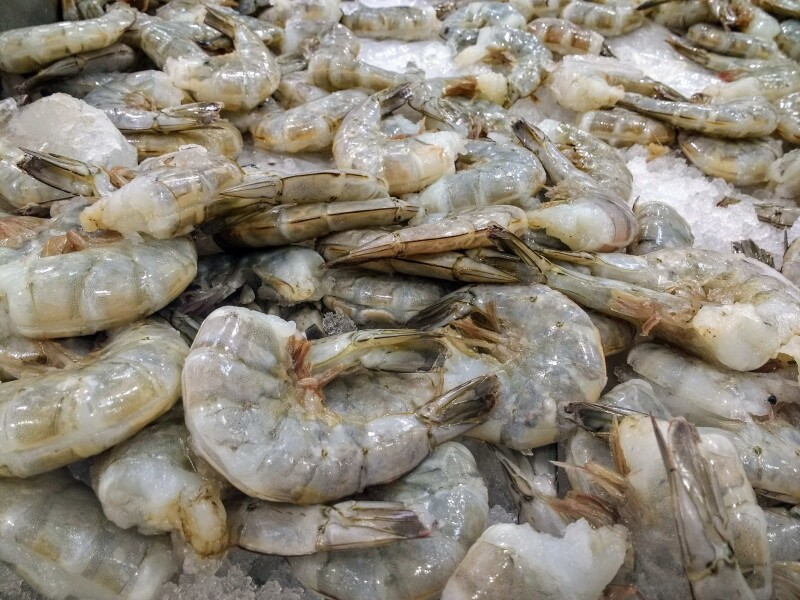A new study has uncovered alarming rates of shrimp mislabeling in Louisiana restaurants, exposing a widespread issue that threatens the integrity of the local seafood industry.
According to SeaD Consulting, a recent investigation in Shreveport found that 58 percent of sampled restaurants falsely advertised serving Gulf wild-caught shrimp, when in fact, genetic testing revealed they were serving imported, farm-raised shrimp.
The study, commissioned by the Louisiana Shrimp Task Force, sampled 24 restaurants in Shreveport from March 8-10, 2025. It found that 71 percent were serving imported shrimp, and nearly six in ten were either misleading customers or outright mislabeling their menus. “What was shocking to me,” said SeaD Consulting COO, Erin Williams, “is that six of the 24 restaurants were blatantly being deceptive by labeling dishes as ‘Gulf shrimp’ and served the SeaD investigation team imported shrimp instead.”
This is the latest in a growing list of shrimp fraud cases across the country. The Southern Shrimp Alliance (SSA) has been conducting similar investigations and documented mislabeling rates as high as 96 percent in Florida, 77 percent in Georgia, and 59 percent in Texas. According to the SSA, the problem extends far beyond Louisiana, with shrimp fraud deceiving consumers, undercutting local fishermen, and damaging the reputation of the domestic seafood industry.
Shrimp is a cornerstone of Louisiana’s seafood culture, particularly in Cajun and Creole cuisine. However, mislabeling imported shrimp as wild-caught not only hurts the state’s fishermen but also threatens the authenticity of Louisiana’s culinary identity.
“This is a blow to the culture of Louisiana, where authenticity in food is paramount,” said Rodney Olander, chairman of the Louisiana Shrimp Task Force. “When consumers are misled, it hurts local shrimpers and damages the reputation of our beloved seafood industry.”
The mislabeling crisis appears to be most severe in northern Louisiana, where awareness of the challenges faced by coastal fishing communities is lower. A previous SeaD study found that Baton Rouge had a 30 percent shrimp fraud rate, Lafayette was at 33 percent, and New Orleans, known for its deep seafood traditions, had a lower rate of 13 percent.
A Nationwide Push for Transparency
The SSA has been working to combat shrimp mislabeling through collaboration with the Federal Trade Commission, as well as funding genetic testing to expose fraud. Their findings have sparked legislative efforts to strengthen seafood labeling laws and increase enforcement.
Meanwhile, in Louisiana, the names of restaurants found to be serving imported shrimp or mislabeling menus have been reported to the Louisiana Department of Health for review. Consumers are encouraged to ask about the origin of their seafood and to support restaurants that prioritize transparency.
As investigations continue, one thing is clear- without stronger enforcement and consumer awareness, shrimp mislabeling will remain a major challenge for local fishermen fighting to maintain their livelihoods in an increasingly deceptive marketplace.







